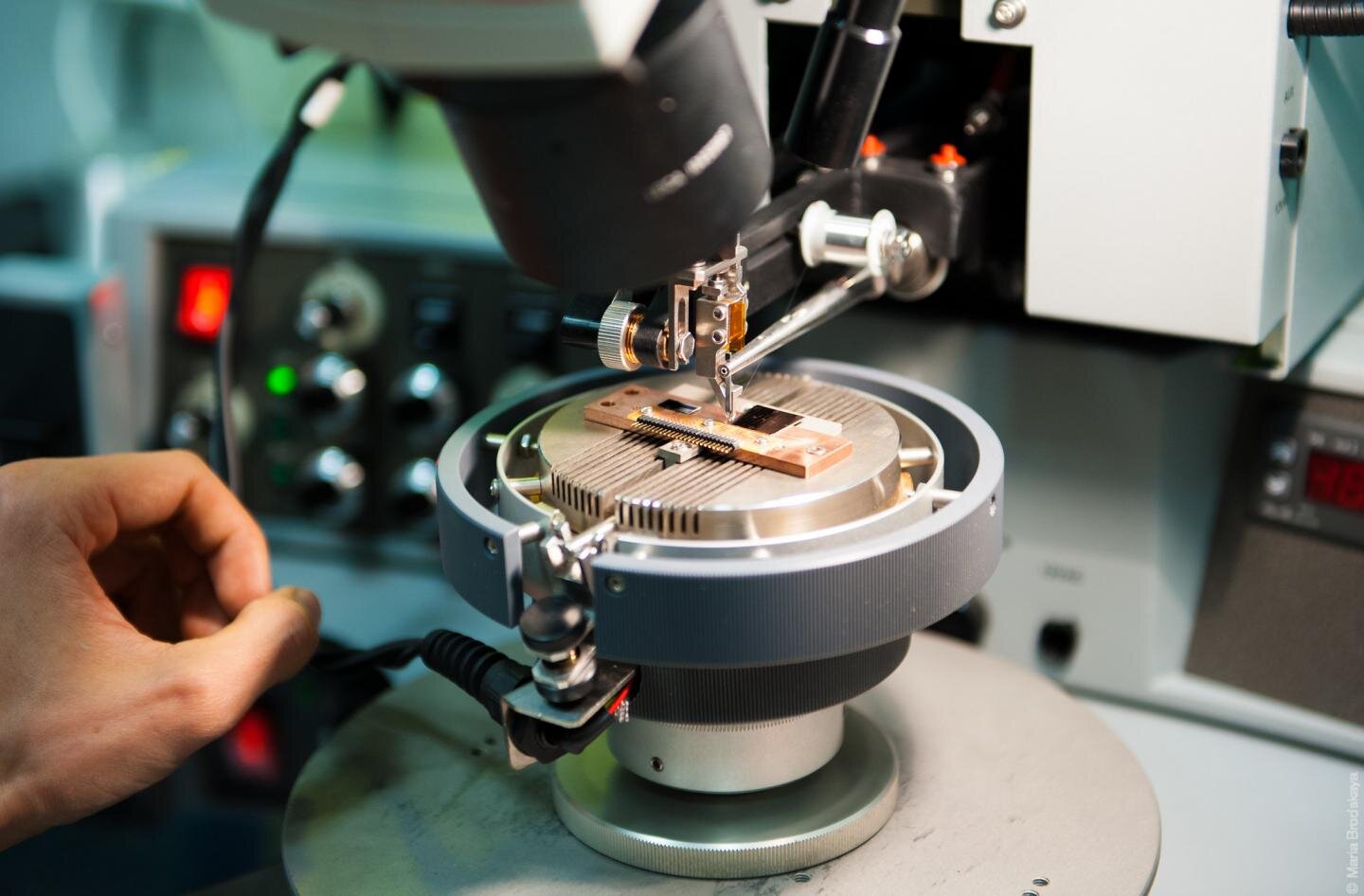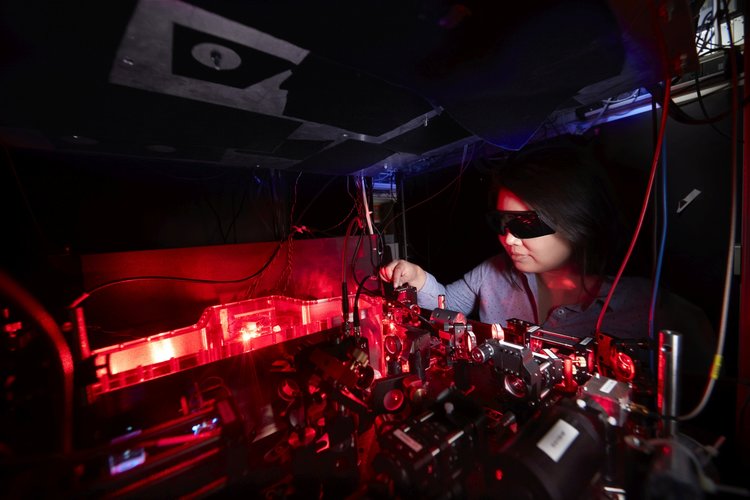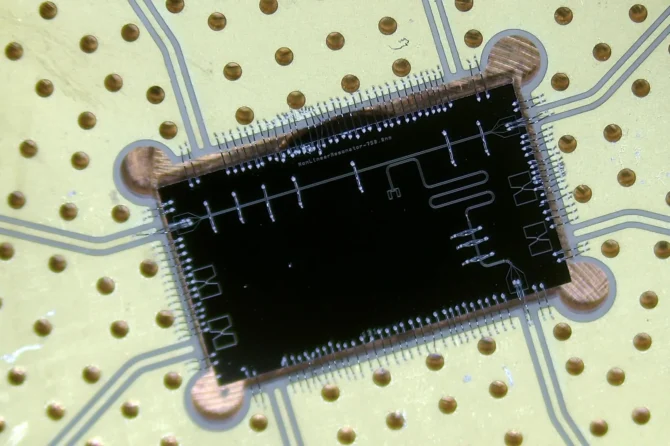Polish researchers have focused on analyzing widely accepted paradigms and theoretical concepts regarding the basics and interpretation of quantum mechanics. The researchers have tried to determine to what extent the intuitions used to describe quantum mechanical processes are justified in a realistic view of the world. For this purpose, they tried to clarify specific theoretical ideas, often functioning in the form of vague intuitions, using the language of mathematics. This approach often results in the appearance of inspiring paradoxes.
The scientists considered the fundamental question: What is interaction, and when does it occur? In quantum mechanics, the result of interaction is entanglement, which is the appearance of non-classical correlations in the system. Imagine two particles created independently in distant galaxies. It would seem that a necessary condition for the emergence of entanglement is the requirement that at some point in their evolution, the particles touch one another, or at least that indirect contact should take place through another particle or physical field to convey the interaction. How else can they establish the mysterious bond of quantum entanglement? Paradoxically, however, it turns out that this is possible. Quantum mechanics allows entanglement to occur without the need for any contact, even indirect.
How is it possible to entangle independent particles at a distance without their interaction? One hint is suggested by quantum mechanics itself, in which the identity—the fundamental indistinguishability of all particles of the same kind—is postulated. This means, for example, that all photons (as well as other families of elementary particles) in the entire universe are the same, regardless of their distance. From a formal perspective, this boils down to symmetrization of the wave function for bosons or its antisymmetrization for fermions.
The article shows how to create any entangled state of two and three qubits, and these ideas are already implemented experimentally. It seems that the considered schemes can be successfully extended to create any entangled many-particle states. As part of further research, the scientists intend to analyze in detail the postulate of identical particles, both from the standpoint of theoretical interpretation and practical applications.
The paper has been published in Scientific Reports. (Phys.org)



